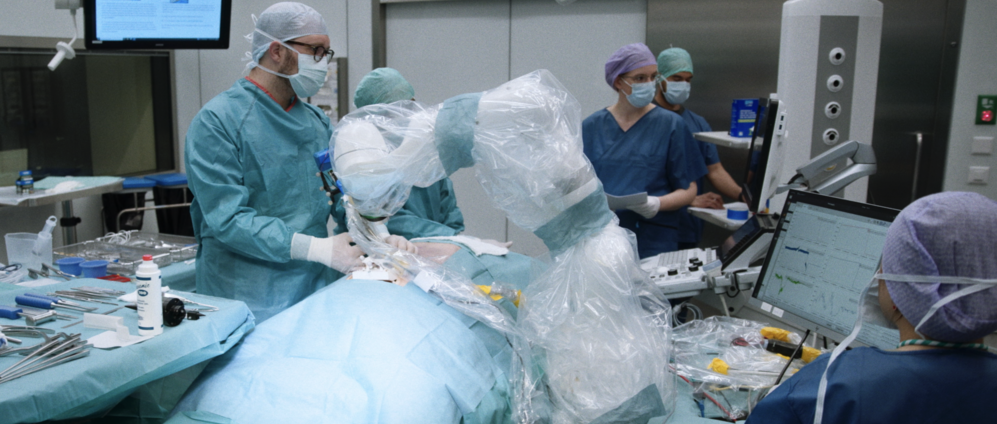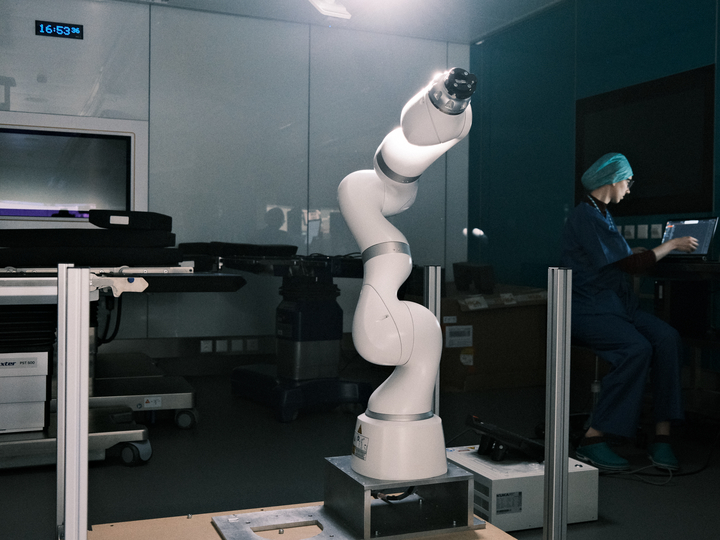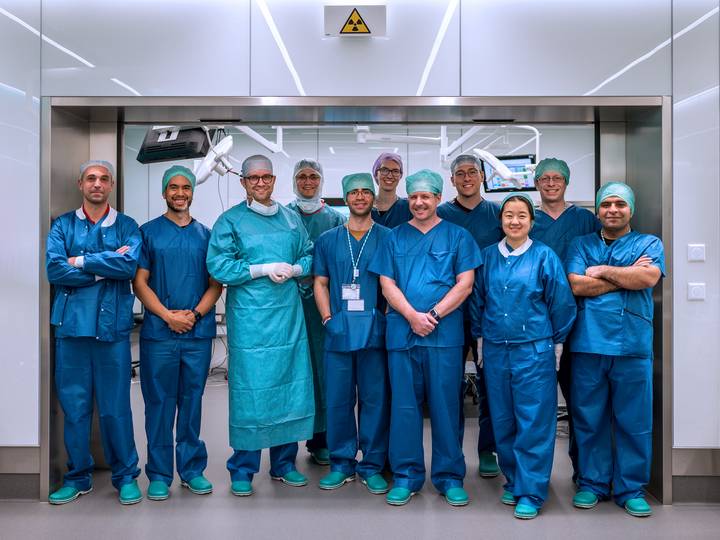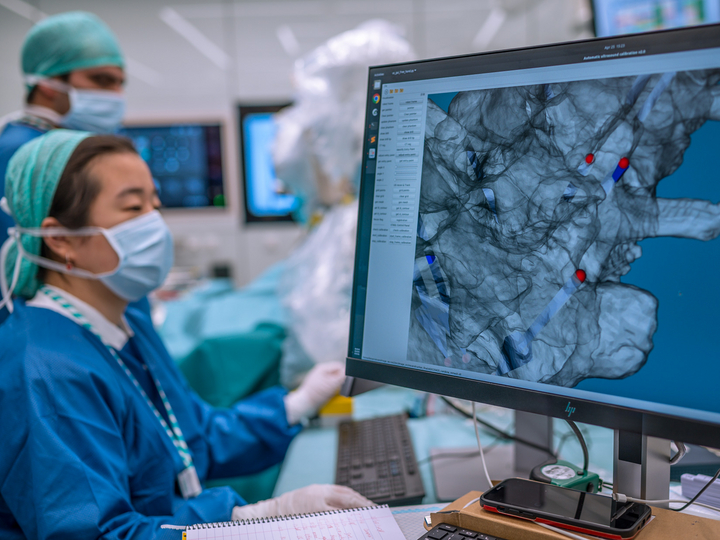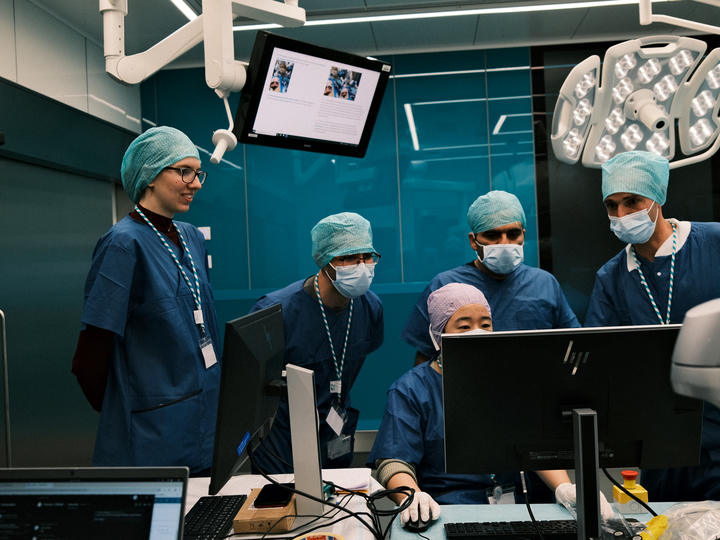Throughout the project, OR-X served as the key research and testing platform. Its state-of-the-art facilities allowed the research team to integrate and validate the FAROS prototypes in both ex-vivo (outside the living body) and in-vivo (within living organisms) settings, simulating real surgical conditions. OR-X’s advanced infrastructure played a vital role in overcoming the technical challenges associated with surgical robotics and sensor technology.
After three years of intensive research and development, FAROS reached a successful conclusion in 2024. Funded by the EU Horizon 2020 program, the final prototype demonstrated promising results, validated in real surgical scenarios, marking a significant advancement in the field of autonomous robotic surgery. While the system has not yet reached clinical application, the progress achieved through the FAROS project sets the stage for future innovations in surgical robotics.
